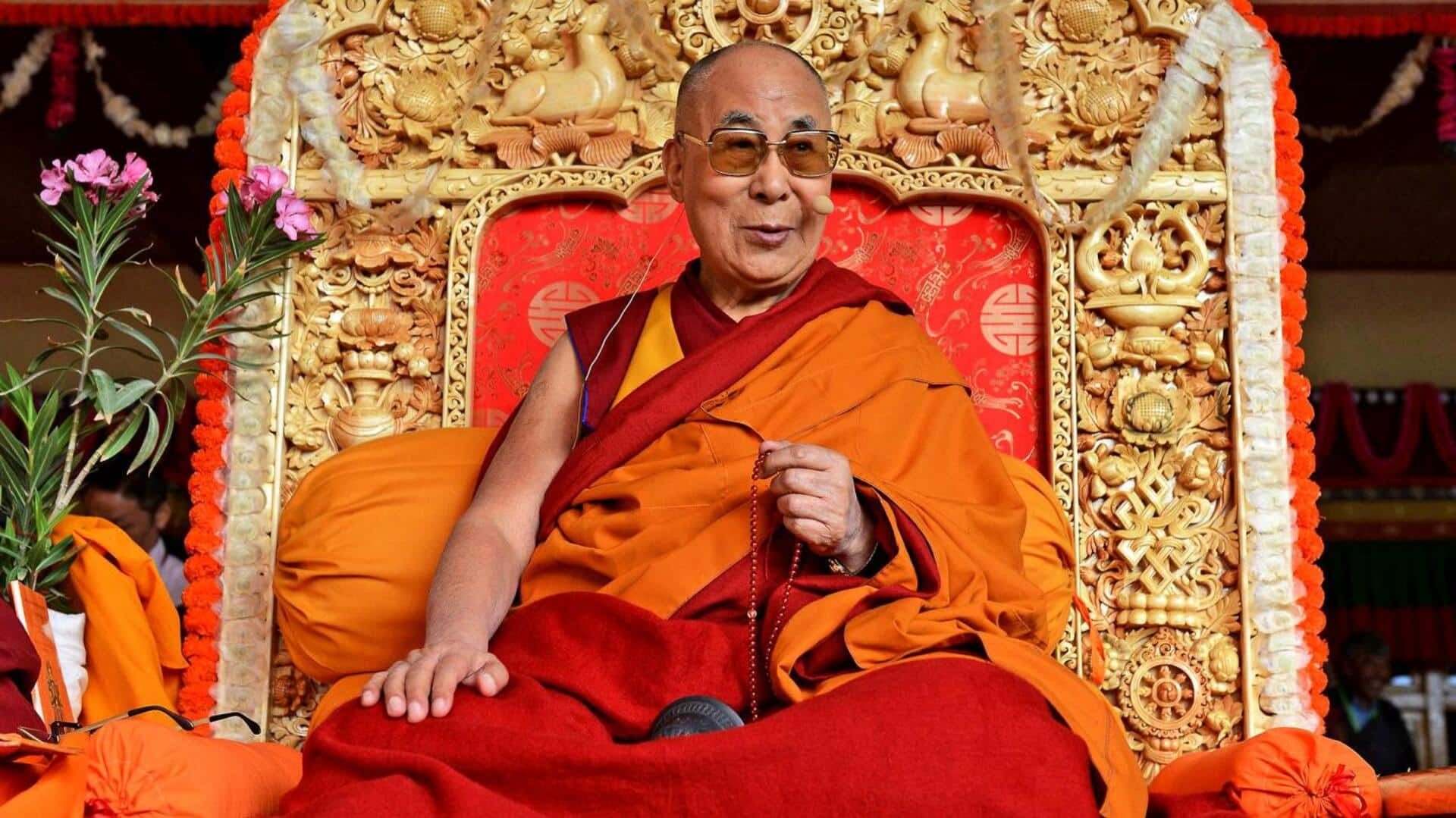
China rejects Dalai Lama's authority on reincarnation
What's the story
Chinese Ambassador to India, Xu Feihong, has rejected the Dalai Lama's authority to decide on the continuation or abolition of the reincarnation system. The ambassador's statement comes after the Dalai Lama said he would reincarnate, paving the way for a successor. Feihong emphasized that this practice is part of a 700-year-old tradition in Tibetan Buddhism and is not limited to the 14th Dalai Lama.
Birthday announcement
Dalai Lama's succession
The Dalai Lama, whose 90th birthday is being celebrated on Sunday, had earlier hinted that he could be the last to hold the position. However, he later clarified that a trust would decide on his succession. He said consultations with spiritual leaders and the Tibetan Government-in-Exile would be involved in identifying his successor. This assertion directly challenges Beijing's influence over Tibetan Buddhism and its insistence on state control over reincarnation recognition.
Succession dispute
More than 1,000 reincarnation systems in China
China has long viewed the Dalai Lama as a separatist and insists that only Beijing can approve his successor, a practice dating back to the Qing dynasty. A 2007 regulation in Tibet asserts state authority over recognizing reincarnated lamas, a position rejected by the global Tibetan community. Feihong's statement also highlighted that there are more than 1,000 reincarnation systems of Living Buddhas across various provinces in China.
Exile history
Dalai Lama's exile
The Dalai Lama has lived in exile in Dharamshala, India since 1959 after fleeing Tibet amid a failed uprising against Chinese rule. He has since advocated for Tibetan autonomy under Communist Party rule. In the past, he had said his successor would be born outside China in the "free world." However, China maintains that reincarnation must follow traditional methods approved by Beijing.